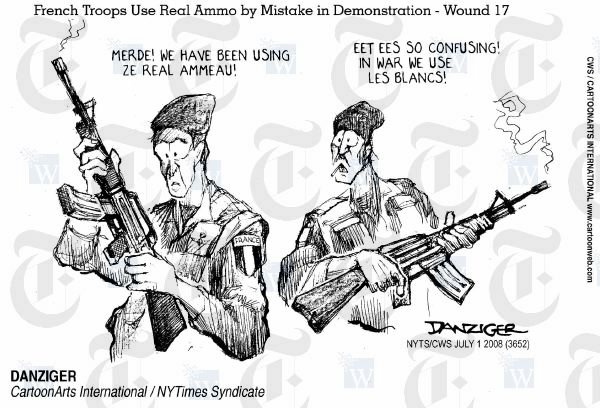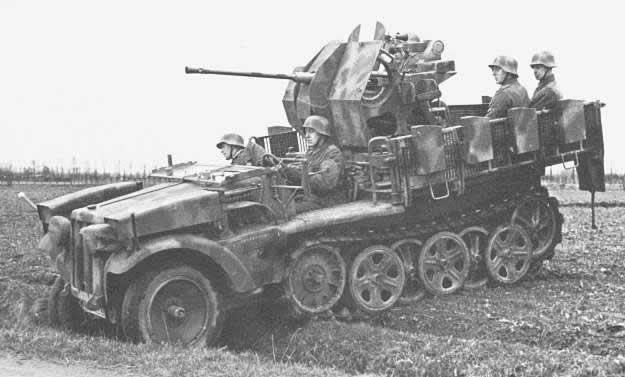Invasion of France
Blitzkrieg rendered the maginot line useless
french army was still using WWI tactics
BEF sent to reenforce france
allies saved a lot of troops at dunkirk
french army was still using WWI tactics
BEF sent to reenforce france
allies saved a lot of troops at dunkirk
the invasion of france was arguably the biggest lost to the allied casue. german advanced tactics such as blitskrieg were able to break through the maginot line. the germans also attacked through the ardennes forrest. the french fell within a year and a new french government was set up in vichy. this government was headed up by general petien.


